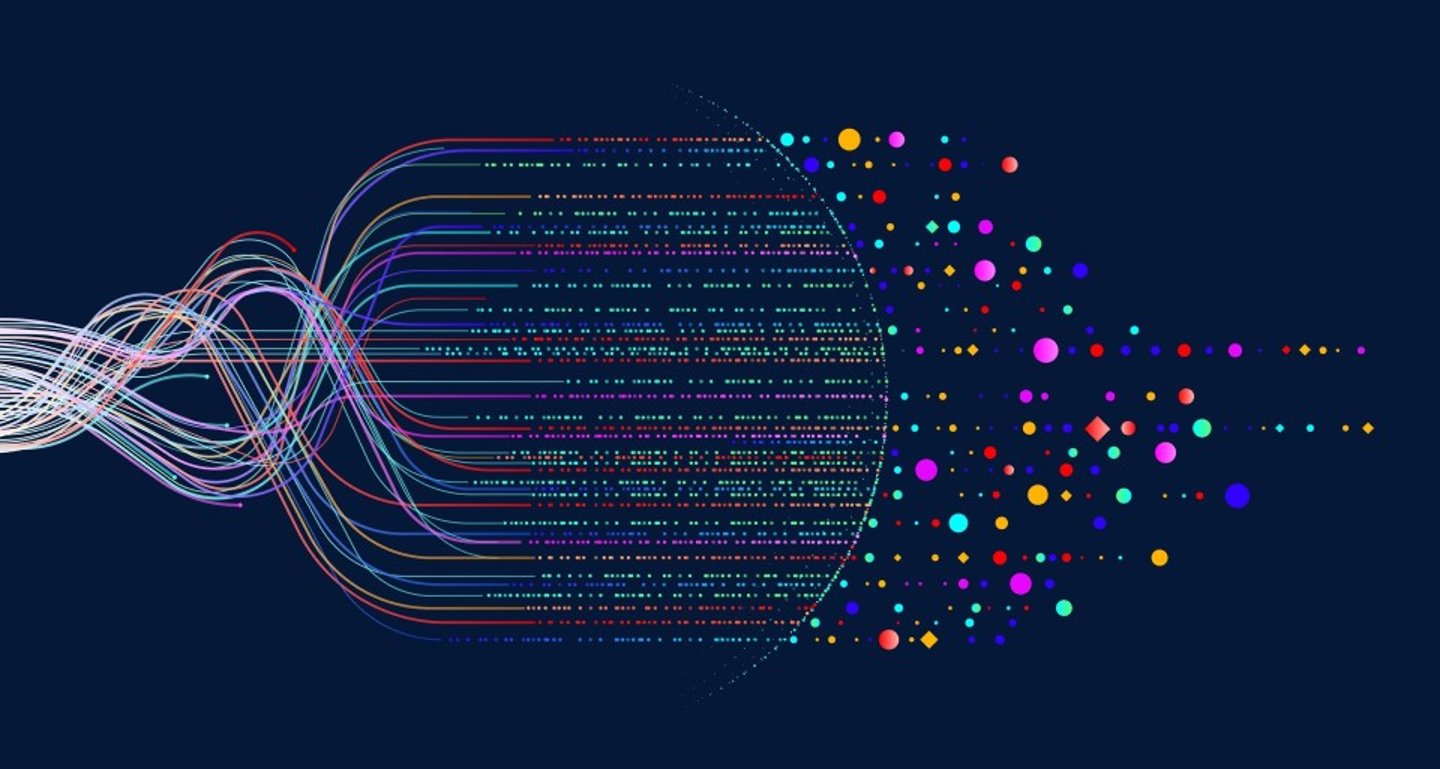LLMs Enable CPGs To Learn More From Data And Drive Business Confidently
The consumer packaged goods space has always been one of the most dynamic industries in the world. Consumer attitudes, market trends, and macroeconomic conditions are constantly changing. To stay ahead of these shifts and make good business decisions, CPGs must have a way to quickly and comprehensively analyze and learn from data.
Traditional analytics platforms have existed for decades, but large language models (LLMs) are taking things to the next level. The combination of LLMs with analytics technologies gives these enterprises capabilities to uncover compelling new insights and steer their organizations confidently in a rapidly evolving industry.
LLMs Democratize Analytics Across CPG Organizations
One way the LLM boom is helping CPGs is by making data analysis available to more people within these organizations. GenAI analytics platforms are democratizing advanced diagnostic, predictive, and prescriptive analytics. In the past, analyzing data required some measure of technical expertise. Line of business users needed a good understanding of the data hierarchy and SQL know-how to manually analyze their business data.
Unsurprisingly, this was a cumbersome process that made it difficult for most employees to analyze and glean insights from their data. Thus, business users in the CPG and other sectors were heavily reliant on their more technical colleagues to field their analytics requests — often creating bottlenecks for these critical insights and impeding data-driven decision-making. When it came to heavy-duty data analysis, this often required engaging data scientists to develop purpose-built machine learning models.
LLMs have helped remove these technical barriers for business users. Now, general business users can employ LLM analytics platforms to easily explore and learn from their data. Thanks to the advanced natural language processing capabilities that underpin these LLMs, users can ask questions in their own words and get accurate answers quickly. There’s no need to write SQL, prepare data, or click through workflows. The LLM component allows them to easily interact with the analytics layer and delivers users insights they can readily digest.
For CPGs, this means answering questions like:
- How is our brand performing in brick-and-mortar retail locations compared to online?
- How has social media sentiment about our brand changed?
- How are my competitors performing, by brand?
- What are our top 10 growth opportunities?
- Why did our supply chain slow down last year?
LLMs Give Birth to Specialized AI Applications and Tailored Insights
AI applications are being built on top of LLMs, and these applications are increasingly becoming specialized.
At a high level, this means that CPGs are not limited to using generic LLM tech like ChatGPT or Gemini for data interaction, which may not effectively meet their specific requirements. Instead, they can look to the growing number of generative AI applications and assistants that leverage these foundation models.
A smart LLM will try to give users convincing answers that it thinks sound good within the conversation’s context. A generative AI application’s job is to make sure these are the right answers for the given use case. Furthermore, an effective AI application (or AI agent) will automatically combine the best data sources and tools for the job to provide a comprehensive answer. This is a game changer compared to basic chat answers from the big LLMs.
These apps are being honed for specific verticals, such as CPG, finance, and healthcare, among others. They are tuned to the domain, lexicon, and analysis methods, ensuring that they provide deeper, more reliable, and more valuable insights compared to general-purpose models. This customization goes beyond industry.
These apps can be tailored to support roles or business divisions within a given segment. For example, these tools might be designed for marketing teams in the CPG space, sales executives in insurance, or supply chain analysts in e-commerce. It goes even further than that: Gen AI apps can simulate desired personas to provide colorful insights, role-playing as a member of a key customer segment. For instance, an organization could ask what a soccer mom thinks of a certain brand message.
Specialized generative AI apps ultimately enable CPGs to focus on solving unique business challenges and driving highly targeted outcomes. This could look like:
- Growing market share: This sort of generative AI app would be used by brand managers, marketing leaders, and consumer market insights teams at CPGs to uncover ways to take share from their biggest competitors. It might answer questions about where a CPG should allocate its budget or how certain customer personas will respond to marketing tactics.
- Improving sales team performance: Used by sales executives and analytics leaders at CPGs to boost critical sales effectiveness KPIs (sales quota achievement, conversion rate, retention rate, etc.). It could provide guidance on which specific types of customers sales teams should spend the most time on or how they could generate more qualified leads.
Overall, highly specialized generative AI apps allow for greater precision and engender more confidence in the AI’s recommendations.
Moving Ahead With Confidence
CPGs compete in a challenging space where volatile market forces and unpredictable rivals make it difficult to answer complex business questions, uncover hidden trends, and decide what to do next. The convergence of LLMs with analytics and the rise of gen AI apps are enabling every stakeholder to become a skillful analyst and delivering specialized intelligence that tells organizations what’s happening, why it’s happening, and how they should move forward.




